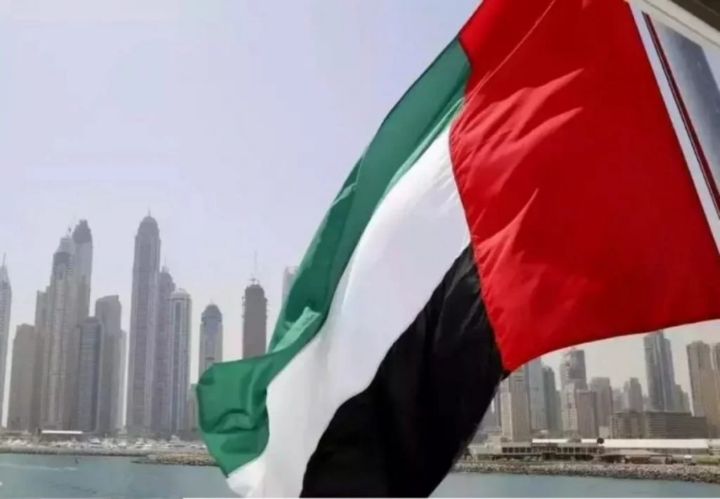The United Arab Emirates (UAE) has pledged its support for the $25 billion Nigeria-Morocco gas pipeline project, marking a significant development in Africa’s energy infrastructure landscape. This ambitious initiative aims to connect Nigeria’s vast gas reserves to Morocco, with the potential to extend further into Europe, thereby enhancing energy security and fostering economic integration across the continent.
Morocco’s Minister of Energy Transition and Sustainable Development, Leila Benali, confirmed the UAE’s commitment to co-financing the project. The pipeline has also garnered backing from major international institutions, including the Islamic Development Bank, the OPEC Fund, and the European Investment Bank.

Spanning approximately 6,800 kilometers, the pipeline is set to become the world’s longest offshore gas conduit. It will traverse 15 West African countries, delivering natural gas from Nigeria to Morocco’s southern city of Dakhla, and eventually connecting to European markets.
The project is structured in multiple phases:
- Phase 1: Connecting Morocco to offshore gas fields in Senegal and Mauritania, extending towards Ghana and Côte d’Ivoire.
- Phase 2: Linking Nigeria to Ghana.
- Phase 3: Completing the connection from Côte d’Ivoire to Senegal.
A joint venture between Nigeria and Morocco will oversee the development of the pipeline, following a financing agreement signed by both nations. The project is expected to unlock widespread energy and economic benefits across West and North Africa, significantly enhancing electricity access in participating countries and promoting regional integration.
China’s Jingye Steel Group has been awarded a contract to supply the necessary pipes for the pipeline’s construction, further emphasizing the project’s international collaboration.
The UAE’s involvement underscores its strategic interest in Africa’s energy sector and its commitment to supporting large-scale infrastructure projects that drive sustainable development across the continent.
Support InfoStride News' Credible Journalism: Only credible journalism can guarantee a fair, accountable and transparent society, including democracy and government. It involves a lot of efforts and money. We need your support. Click here to Donate
